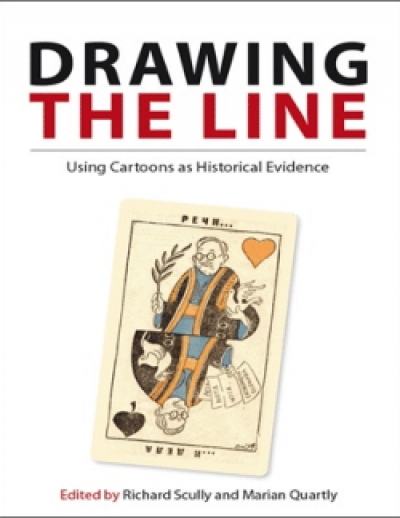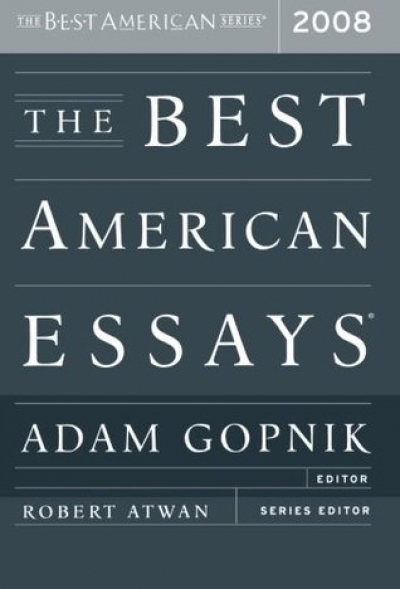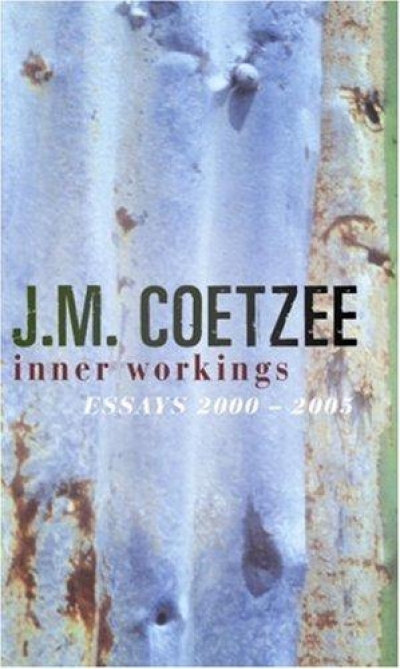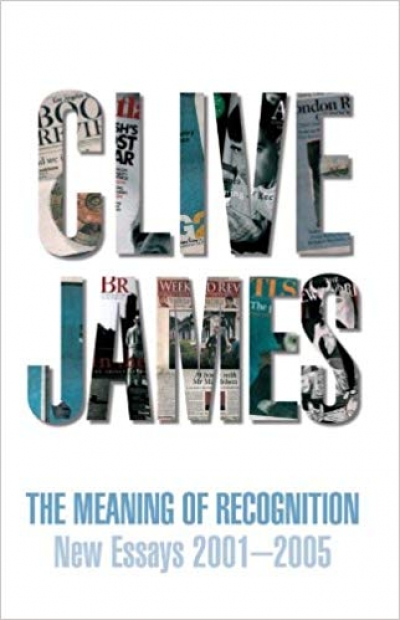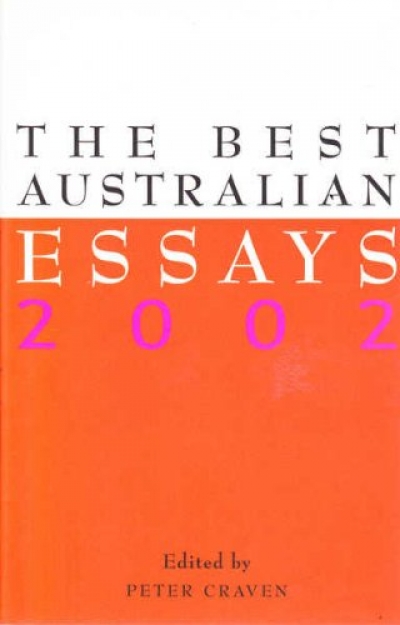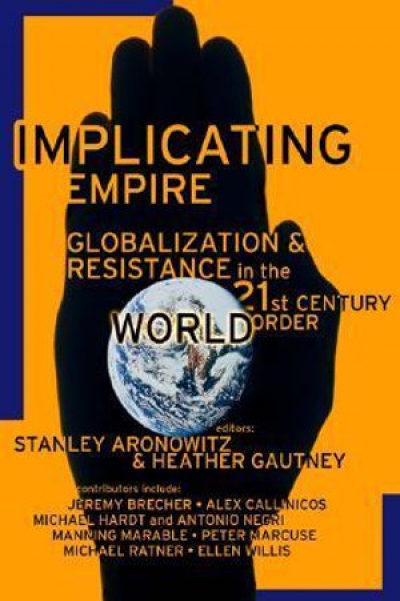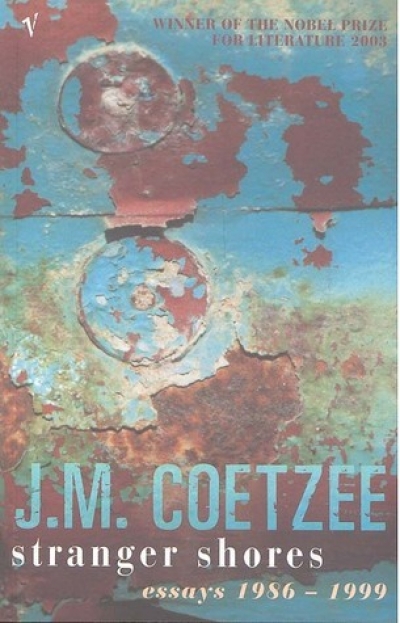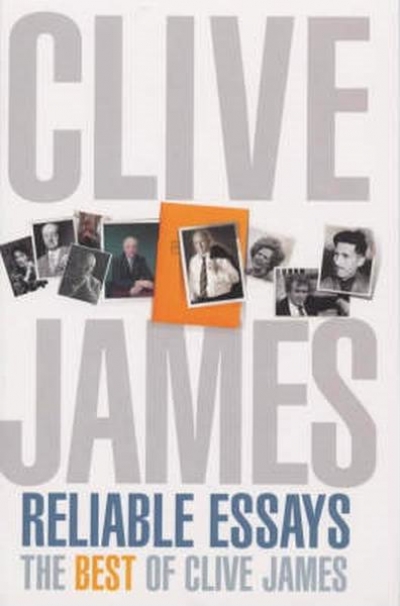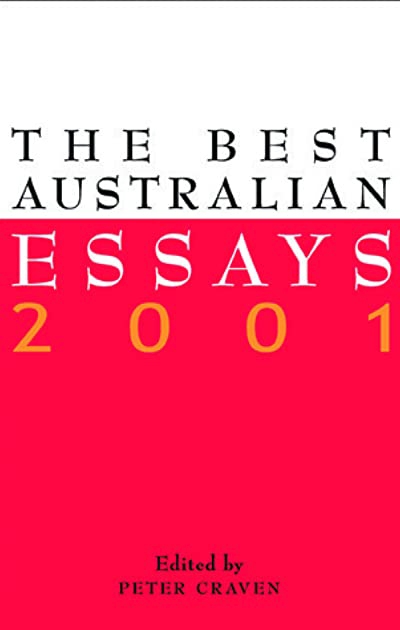Essay collections
Drawing the Line: Using cartoons as historical evidence edited by Richard Scully and Marian Quartly
by Robert Phiddian •
A Singular Voice: Essays on Australian art and architecture by Joan Kerr edited by Candice Bruce, Dinah Dysart, Jo Holder
by Susan Steggall •
The Best American Essays 2008 edited by Adam Gopnik & The Best Australian Essays 2008 edited by David Marr
by Gay Bilson •
The Meaning of Recognition: New Essays 2001–2005 by Clive James
by Richard King •
Implicating Empire: Globalization and resistance in the 21st century world order edited by Stanley Aronowitz and Heather Gautney
by Peter Beilharz •
Stranger Shores: Essays 1986–1999 by J.M. Coetzee
by Evelyn Juers •
Reliable Essays by Clive James & Even As We Speak by Clive James
by Don Anderson •

